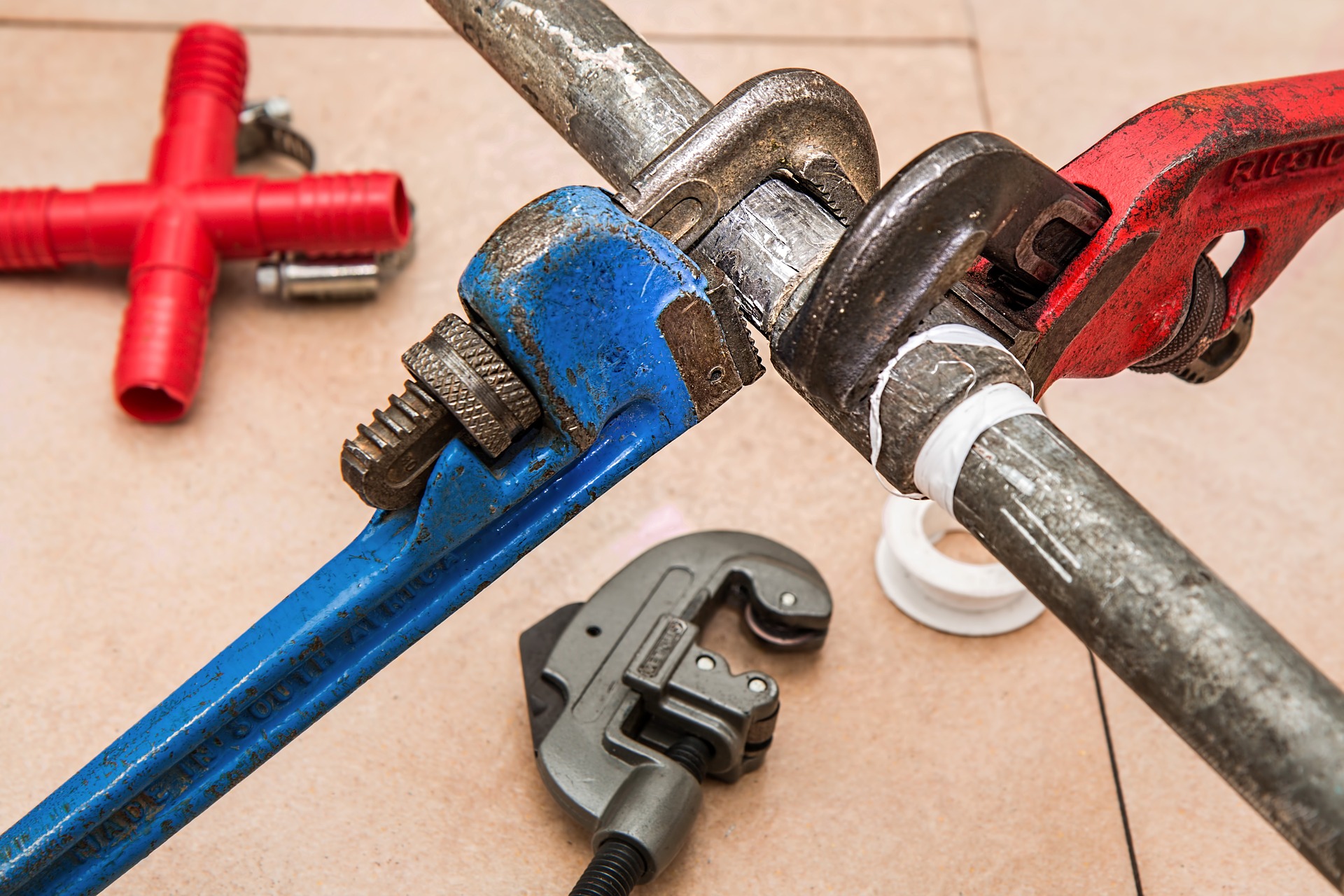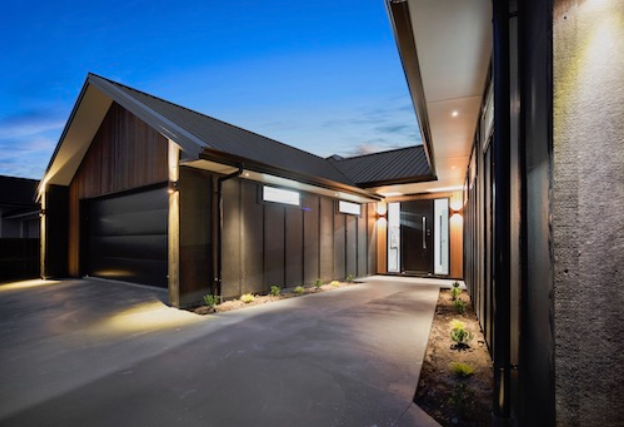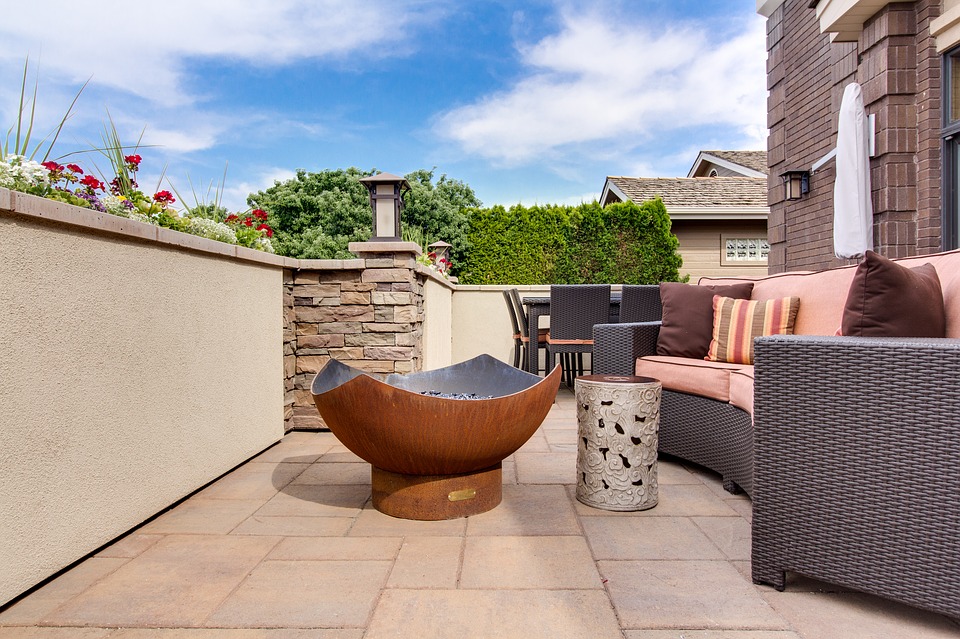As a homeowner, your responsibilities are doubles as you are the one who should overlook all the aspects, even if you are not an expert in that case. Plumbing and electric works are always going to confuse you. Here are some tips for you to help you do preventative plumbing at your home. By preventative plumbing, you can stop some plumbing issues from happening.
1. Get your home inspected
The very first step in preventative plumbing is to get your house inspected. This process can save you a lot of money. You will get to know about leaks and repairs needed at home. The inspectors can also give you a detailed budget of the repairs and maintenance so that you can have an idea about the whole thing.
2. Know the valves and its workings
It will be helpful if you know where your main shutoff valve as well as other individual shutoff valves. These are available in the inspection report along with a picture. Find it and figure out how to shut it off because the first step to repair shutting the main inlet. There are individual valves for washing machines, flush tanks, and washbasins. Make sure you leave it visible.
3. Find what type of washer your taps have
It is important to know whether your tap has a ceramic washer or a rubber washer. Depends on the number of turns it can be decided. Knowing this is great as we can just replace it when it gets damaged without buying several types of washers. Also, do not tighten the tap when you turn it off. This can damage the internal mechanics of the tap.
4. Do not flush everything down
You know your kid’s soft toys and stuff is not supposed to be flushed but do you know many other things that you think is flushable is not actually made for breaking down like that. This includes tissues, baby wipes, hair, dental floss. They get stuck These items cannot degrade like toilet paper. Other stuff includes medication, drugs, cigarette buds are toxic and can cause clogs. Do not use bleach for cleaning your toilet. It can be harmful to pipes in the long run. You can use vinegar and other cleaning products.
5. Be careful not to put anything in the kitchen sink
Most of the major clogs that happen in households are in the kitchen sink. Be careful not to let oil, fat or fibrous items into the sink. These foreign objects can cause a blockage. You can install a screen which can prevent these objects from going in and collect them later for trash.
6. Always take leaks seriously
Leaks are just the beginning of a huge repair if you ignore it initially. Leaks, when ignored, can lead to serious damage to your plumbing system. Not just the pipe system but the appliances should also be checked for water leak detection in Perth which is connected to plumbing systems. This can help you save a lot down the road.
7. Do maintenance from time to time
You should schedule plumbing maintenance or routine check at least once in five to six months. It is important to do maintenance because this can prevent clogs and leaks beforehand.
8. Have the required tools
One thing about preventative plumbing is that you should have all the required tools so that you don’t have to worry about not having tools when an unexpected repair comes up. You should have basic tools like a plunger or snake for unclogging drains. Sometimes you will need a tool to operate your main shut off valve. They are easy and not very expensive ranges from $10-$200. These are the essentials needed in your household.
9. Have a plumber to look over if something goes wrong
Have a local plumbing company or a gas plumber in Perth in your mind before something crisis comes up. If you cannot find anyone yourself, ask around your neighborhood. Finding a plumber beforehand so that when a crisis comes up you won’t be able to bargain.





